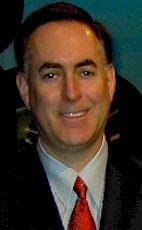

The wellness industry is projected to be worth nearly $919 billion by 2022, according to a 2018 report from the Global Wellness Institute. The travel and hospitality sectors are beginning to catch on to these trends consumers are craving. To keep up with competitors, it's critical for hoteliers to evolve their environments to accommodate well-being needs and wants. Being in tune with wellness trends and reflecting that in the environments where people sleep, eat, work, and lounge will keep guests coming back and create a special feeling of ultimate relaxation, reflection, and peacefulness. READ MORE












